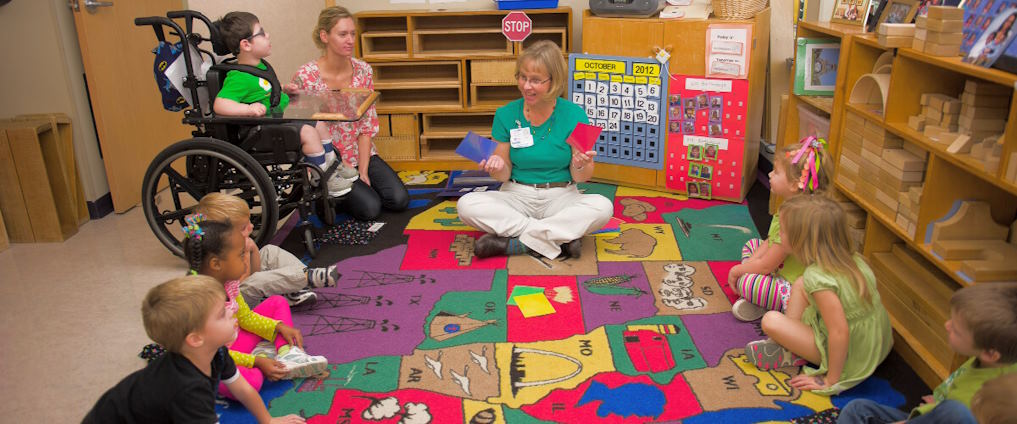Picture a classroom where every child, no matter who they are or how they learn, is welcomed with open arms. In this unique learning space, pupils with various abilities and needs, come together to learn alongside one another.
So, why is providing such education essential?
Equality and Equity
First of all, it promotes the principles of equality and equity. It guarantees that every child has an equal chance to receive a high-quality education. It provides fairness and justice in society, where nobody is left behind.
Diversity Enriches Learning
Such classrooms reflect the real world’s diversity. Within this setting, students with different abilities come together, creating chances to come across a variety of viewpoints, learn from distinct life experiences, and cultivate an appreciation for diverse cultures.
Social and Emotional Development
In this way students can learn empathy, tolerance, and acceptance as they interact with peers of varying abilities and backgrounds. These skills are valuable in building inclusive and compassionate communities.

Reduction in Stigma
Such opportunity diminishes the stigma linked to disabilities and differences. When students with disabilities join regular classrooms, it actively challenges misunderstandings and encourages a more embracing attitude towards diversity.
Preparation for the Real World
It readies students for a life in a world that’s both diverse and closely connected. In workplaces and communities, people regularly engage with individuals from various backgrounds and abilities. Inclusive education equips students with the essential skills required for effective communication and collaboration in such diverse settings.
So, inclusive education is essential for promoting equality, embracing diversity, and fostering a more inclusive and accepting society. It not only benefits students with disabilities but enriches the educational experience for all, preparing them for a world that values differences and promotes social harmony.
Is it difficult to provide inclusive education?
Providing inclusive education can be challenging, but it is a worthwhile endeavor with numerous benefits. The difficulty of implementing inclusive education can vary depending on several factors, including the existing infrastructure, resources, and societal attitudes. For example, in many cases, schools may lack the necessary resources, such as trained teachers, accessible facilities, and specialized support services, to effectively implement inclusive education.









